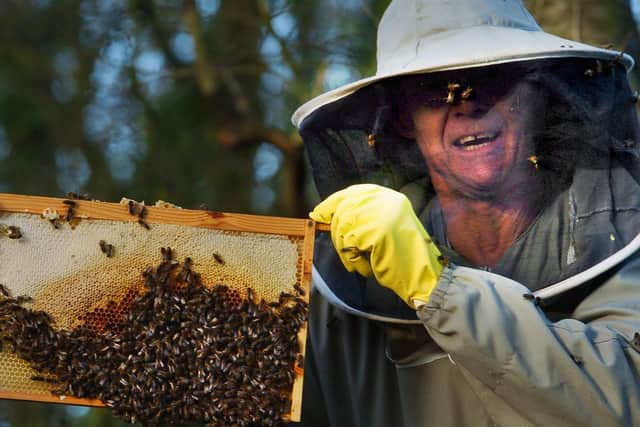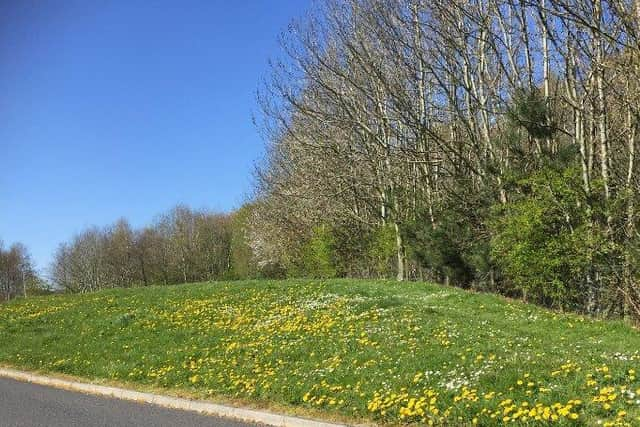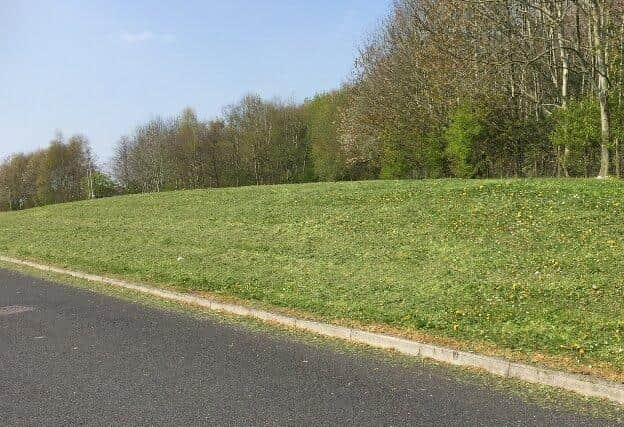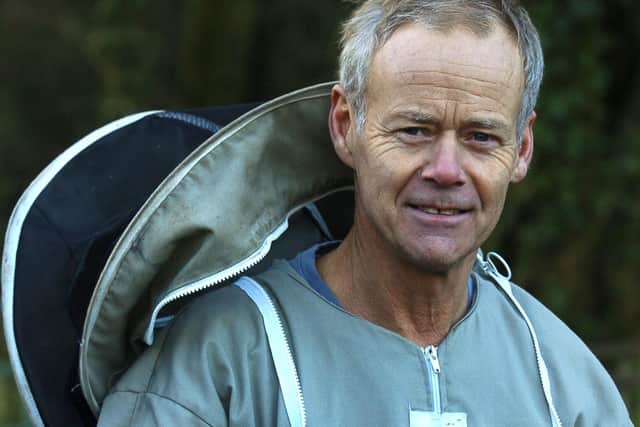South Ribble beekeeper calls for spring grass to be left uncut to help the creatures take off
and live on Freeview channel 276
Steve Ganner, who has been caring for the creatures for four decades, claims that they would benefit from being able feed off roadside flowers for a little longer than they can under the current mowing schedule – which begins in March.
The beekeeping veteran says that dandelions, in particular, are a vital early source of nectar which allows the insects to replenish their stocks after winter – and provide a buffer in case of a cold snap later in the spring.
Advertisement
Hide AdAdvertisement
Hide Ad“Dandelions usually come out around the same time each year – give or take a few weeks,” Steve explained.


“As soon as they appear, you see honey bees and other insects flocking to them. But they just seem to get into flower – and then are cut down straight away.
“Are the public looking at these verges and thinking they are a mess and that the council is a disgrace for not having cut them back straight away? Or do they see the dandelions and think: ‘How lovely, spring is here’?
“Personally, I believe they really brighten up the area – and [leaving them] a few weeks could be the difference between colonies surviving and starving.”
Advertisement
Hide AdAdvertisement
Hide AdBees were were last year named the most important living beings on the planet by the Earthwatch Institute – but a study last year found that a third of British wild bee species have declined since 1980.


Lancashire Wildlife Trust’s senior reserves officer, John Lamb, supported the suggestion of delayed grass-cutting to give dandelions the “opportunity to bloom”.
“The mild winter means we should have a big flush of dandelions and their flowers are perfect for pollinators, like bees and wasps. They are a really important source of nectar in spring and summer.
“Parks really need to identify areas where they can create wildflower meadows and just let them grow. Insect populations have declined so it is important that we provide food and pollen sources to help them recover.”
Advertisement
Hide AdAdvertisement
Hide AdCllr Sue Jones, South Ribble Borough Council’s cabinet member for the environment, said there were no plans to alter the current mowing schedule.


“The council begins grass cutting right across the borough – a huge task, by the way, given South Ribble covers an area of 113km² – at the beginning of March; possibly later, given current weather conditions.
“Most grassed areas in South Ribble are cut eight times per year – however, the larger meadows are only cut once a year in a bid to encourage wildlife to prosper.
“We are happy that [the current schedule] delivers a satisfactory service to the majority of residents who want their green spaces kept pristine and in a usable condition for walking, sports and recreation.
Advertisement
Hide AdAdvertisement
Hide Ad“However, that is not to say we are not involved in biodiversity projects which help insects, wildflowers and wildlife. For example, where possible, we try to leave grass and wildflowers to develop naturally as a haven for insects and wildlife. We also plant pocket meadows throughout the borough and this year, we will be planting 30 of these – double what we did last year.


“Our commitment to biodiversity therefore has never been better, and we will be encouraging schools and residents to do the same, when we begin a scheme soon to give away wildflower seeds and get the community involved and engaged with their local ecology.”